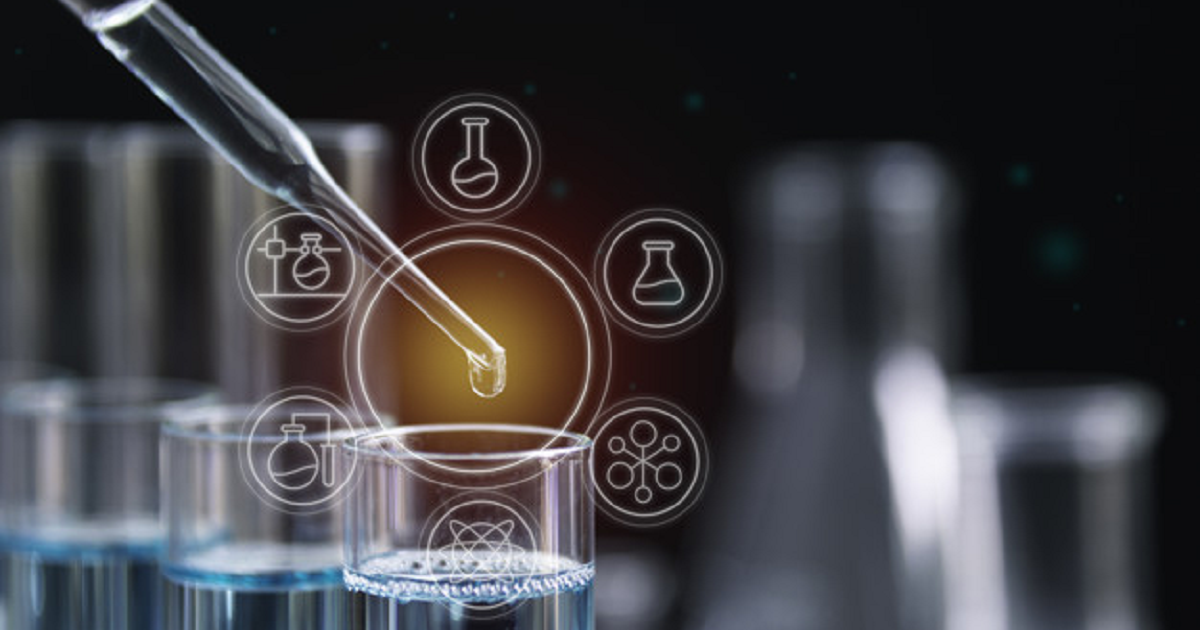
Chemical Technology
Article | July 20, 2022
SOMEHOW, despite the still very serious container freight shortages that have limited imports, buying sentiment seems to have weakened in the European polyolefins market, according to my outstanding ICIS colleague, Linda Naylor.
Read More

Chemical Technology
Article | July 14, 2022
BUYERS OF polypropylene (PP) and other polymers and petrochemicals have had an incredibly difficult pandemic.
Firstly, the converters and brand owners expected doom and gloom last March. At the time it seemed logical to expect a cratering of demand as the global economy pretty much imploded.
Just looking at forecasts for GDP, parallels were drawn with the Global Financial Crisis when collapses in growth led to a cratering of polymers demand. The US is a good example where PP demand declined by 12% in 2008 over 2007. Demand then fell by a further 5% in 2009 over 2008.But what we all missed was the complete dislocation of polymers and petrochemicals demand from GDP. As economies registered historic declines, consumption went up.
PP demand went through the roof, firstly for food packaging and hygiene applications.Then consumption for the durable goods made from PP also smashed through the rafters as we bought white goods (PP is used to make components of washing machines), consumer electronics (PP is used to make some electronic components) and carpets (PP fibres are used here).
Read More

Chemical Management
Article | July 8, 2022
Used to separate and analyze compounds into their various components— chromatography plays a crucial part not just in the food industry but in the realms of drug testing, forensics, and even quality control in our favourite alcoholic drinks as well.
Advanced Chromatography is an analytical technique introduced to the world by chromatography instrument companies to separate and analyze individual chemicals from complex compounds. Recent developments in the biotechnology and pharma industries have created a significant surge in the chromatography market.
Read on to find out five fascinating facts about the day-to-day applications of chromatography in various industries and why businesses are looking to invest more in OEM chromatography manufacturing.
Why are Industry-Decision Makers Adapting to Chromatography?
Liquid Chromatography; A Popular Choice in Drug Testing
Today, a lot of drug tests use liquid chromatography-mass spectrometry because it is easy to use, widely available, and gives quick results. LC and LC-MS can be done in almost any testing facility, which is different from other methods. It can be run by people with little training, so a testing facility can hire mostly technicians instead of highly trained scientists, who are harder to find. LC-MS is also very accurate, which means that there are fewer false positives.
With liquid chromatography, you can get results in about 10 to 30 minutes, which is very fast. This technology is used by many drug testing labs across the country. It is widely used and trusted for testing drug samples and many other things.
Businesses associated with the sports industry are leveraging chromatography to effectively and accurately test athletes for doping or performance-enhancing drugs.
Use of HPCL in Pharmaceutical Industries
Chromatography is used in the medical and pharmaceutical industries to create vaccines. In addition, chromatography can determine which antibodies best neutralize viruses and diseases.
Mapp Biopharmaceutical, Inc. used the chromatography technique to develop the experimental immunization Zmapp to counteract the deadly Ebola virus. And it is still being used today to fight the coronavirus.
The pharmaceutical industry has gained enormous success by exclusively using HPLC to obtain precise results during drug trials. The results can be used to analyze finished drug products and their ingredients quantitatively and qualitatively during manufacturing.
The Detector in Forensic Science
Chromatography methods are a well-established, powerful suite of methodologies in forensic science, from drug busts, murders, and robberies, to the identification of a plethora of chemical compounds that may be present in samples from terrorist incidents.
Forensics use gas chromatography to help solve crimes. It helps analyze blood and clothing samples, allowing forensic scientists to investigate who and what was present at a crime scene.
In particular instances, chromatography can even help forensic scientists pinpoint the exact whereabouts of the alleged perpetrator and victim before the crime happened. It’s an error-free process. Therefore, it is incredibly helpful in court.
Additionally, chromatography is extremely handy in arson investigations. Most fires have a virtual cocktail of different substances. Every compound and substance differs in size and weight. Chromatography helps break down these varying compounds and substances to help determine what exactly started the fire.
Liquid Chromatography in Food Industry
Liquid chromatography plays a vital role in the food industry nowadays. It absolves and permits the selective removal of a wide variety of flavor and non-flavor-active food ingredients.
The USDA, along with other countries, has prioritized rigorous testing of processed meat's contents. For example, in 2013, it was found that horsemeat was being sold as beef without anyone noticing. As a result, the food industry decided to change its analytical techniques.
Chromatography quickly became the best way to find out what was in processed meats. High-Performance Liquid Chromatography and mass spectrometry were used to ensure that meat labeled beef was actually beef. In addition, it could tell if horse meat was mixed in with the beef, which helped keep people safe.
Bio-Rad Fast Acid Analysis Column in Beverage Testing
Not just food, many beverage manufacturers also use chromatography to ensure that each bottle of their product is the same. But, again, consistent taste is the main priority. And knowing the exact content of each bottle is the most proactive way to measure things.
The Bio-Rad fast acid analysis column has been successfully used by many companies to quantitatively determine vitamin C in juices, fresh drinks, and powdered drinks.
Chromatography Market is Opening New Dimensions in Various Businesses
Undoubtedly, technological advancement has created a vigorous need for chromatography devices. According to Verified Market Research, growing at a CAGR of 3.4% from 2020 to 2027, the chromatography market is projected to reach USD 4.73 billion by 2027.
The chromatography instrumentation market is currently witnessing huge advancements in the design of columns. This is raising the demand for development of better analytical reagents and resins. Increasing collaborations among the existing players, specifically in the Asian market is another propelling factor for this market. Additionally, emergence of green chromatography, increasing usage of chromatography instruments for monoclonal antibody purification, and usage of nanomaterial in chromatography are also fuelling the growth of this market. Plus, increased government funding in research and development activities is further driving the market growth.
With various pharmaceutical and biotechnology companies, chemical, food and beverage, and other industries contributing to its market growth, one thing is for sure— the increase in the chromatography system market is here to stay.
Read More

Chemical Technology
Article | May 10, 2021
MAY 2021 ///Vol 242 No. 5
FEATURES
Organic Oil Recovery improves productivity of existing reservoirs
A transitional technology producing excellent results in extracting hard-to-reach oil is attracting the attention of many large operators. Ancient, resident microbes are used to liberate large oil deposits in depleted reservoirs, thanks to science uncovered by studying the humble Australian koala.
Roger Findlay, Organic Oil Recovery
It began in almost outlandish fashion, with a scientist’s fascination with the complex digestive system of an Australian marsupial, the koala. Today, it has evolved into a green technology that is helping major producers around the world potentially reach billions of dollars of oil that they feared they could never access or bring to the surface.
As the pressure on the oil and gas industry continues to grow, to find new ways to operate with less impact on the environment, Organic Oil Recovery (OOR) is reducing the need for further exploration. Instead, it is helping producers focus on the reservoirs already in situ to extract even more precious resource—at very low cost—from deep below the ground or seas, across a myriad of jurisdictions and geographies.
Read More